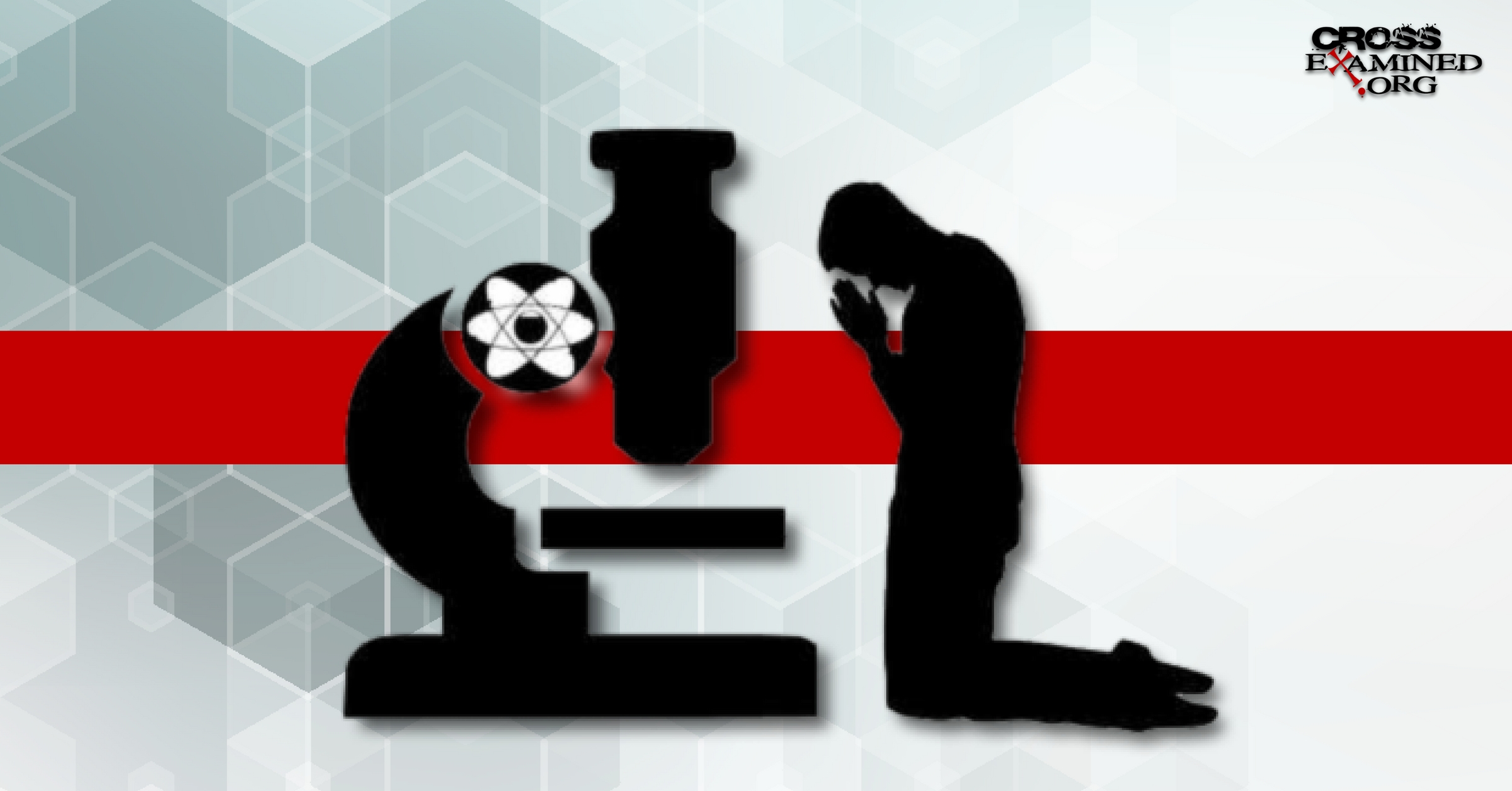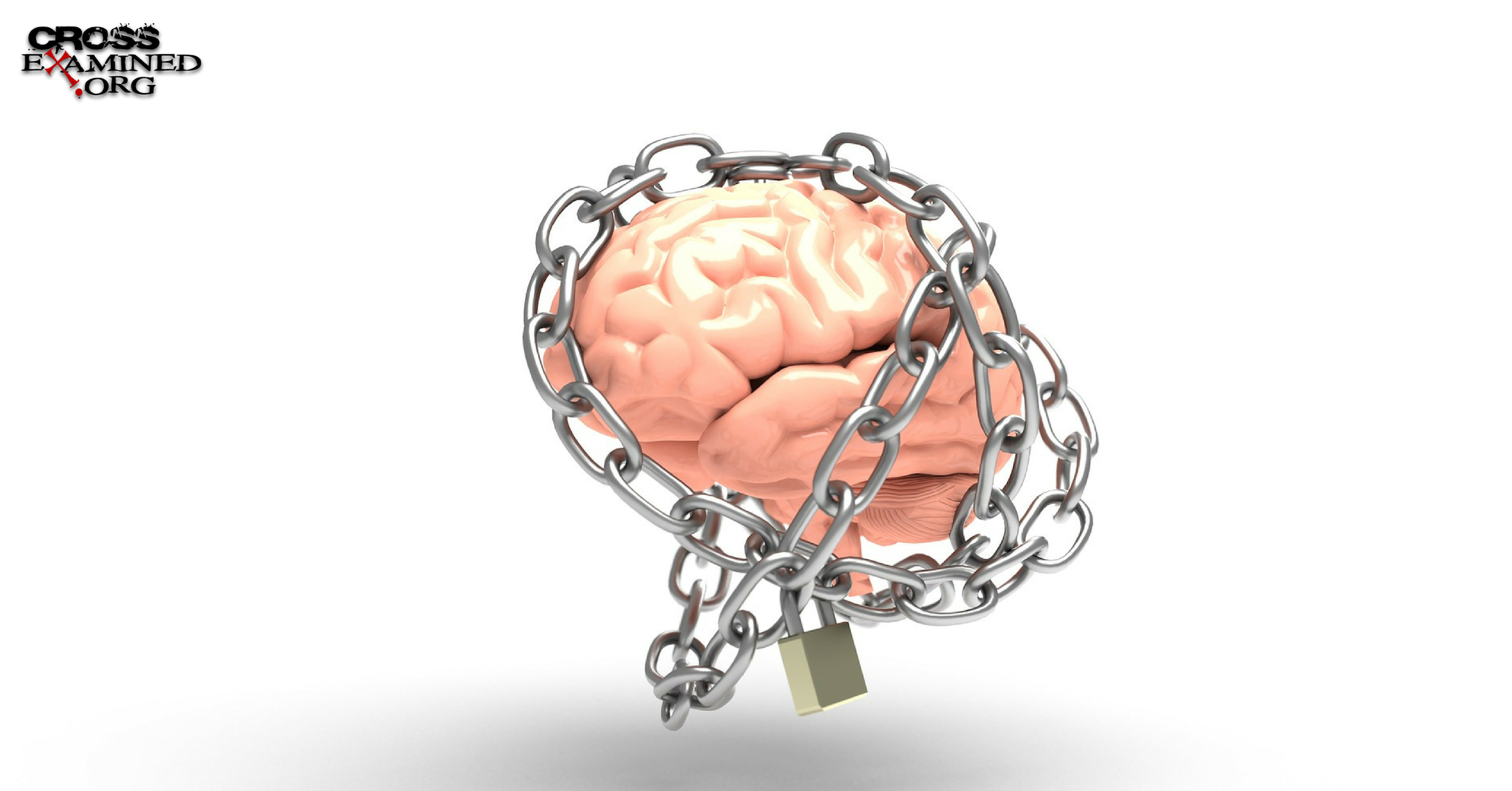Finding Purpose in Faith
By Al Serrato
Many skeptics maintain unquestioned faith that science will solve the world’s problems. Seeing the evidence of chaos throughout the world, often the product of religiously-inspired violence, they conclude that religion is somehow the problem. Authors like Christopher Hitchens capitalize on such assumptions, writing best-selling books that explain how “God is not great” or how religion has “poisoned” everything. By contrast, science has provided “progress,” the sense that things are definitely getting better from a technological sense, as we continue to harness more and more power to make our lives increasingly prosperous and comfortable.
While this faith in science is certainly understandable, it does not survive close scrutiny. This is so because the problems that ail us, the questions we need answered, are questions that science simply cannot answer. After all, science is not philosophy. It does not provide meaning, however much it advances knowledge or power. Modern Americans, of all people, should recognize this limitation. We live in a culture that is deteriorating in many ways. Pleasure seems to be the principal pursuit of a large segment of the population, and despite intense efforts to find nirvana, and despite access to the best “toys” ever made, people seem to be increasingly stressed… and distressed. We seem to be experiencing a huge increase in depression and destructive behavior patterns; addictions to drugs and alcohol, gluttony leading to obesity, gambling, and pornography, to name a few. These pursuits may lessen the emotional pain for a while, but they leave the afflicted even more broken in their wake. What people lack, in increasing numbers, is a sense of belonging; some purpose or meaning to which they can devote their lives and that can make sense of the world.
Science cannot address what is lacking any more than a mechanic can tell me why I no longer enjoy driving my car. He can take measurements and tell me things about functionality and performance. He can modify the car with the latest gadgets to make it run faster, smoother, louder – to make it anything I want it to be. But these measurements and modifications, however important, cannot provide meaning. Because in the end, what I like, what I feel about certain things, persons, places, events – these are a reflection of me, and what is inside me, and not of the things around me.
Human life is exceedingly complex. From mitochondria powering the cells, to the mind that emerges from the gray matter in our skulls, the human body is a marvelously complex product of advanced engineering. But until we understand the purpose for which we are created, until we understand what we are meant to do with these wondrous “machines” that we inhabit, we are like cars driving straight off a cliff. Everything is functioning perfectly, but without a driver behind the wheel, it soon comes to a crashing, and painful, end.
Philosophy is needed to answer these most pressing questions. And a philosophy that has stood the test of time and that provides a robust explanation for life is a good place to start. In the pages of the Bible, the questions that matter most are addressed by the source of all that is. When its lessons are followed, life tends to flourish, not in the sense of a great wealth or fame – not in the sense of the “prosperity gospel” – but in the sense of a lasting joy. Joy in the knowledge of who you are and what you were created for; joy in the sense of homecoming when our days wind down, as they inevitably will. Joy in the prospect of reuniting with our true “soul-mate,” the one we have been seeking, the one for whom we were created and who is even now beckoning us home.
Original Blog Source: http://bit.ly/2zXEvdA












Leave a Reply
Want to join the discussion?Feel free to contribute!